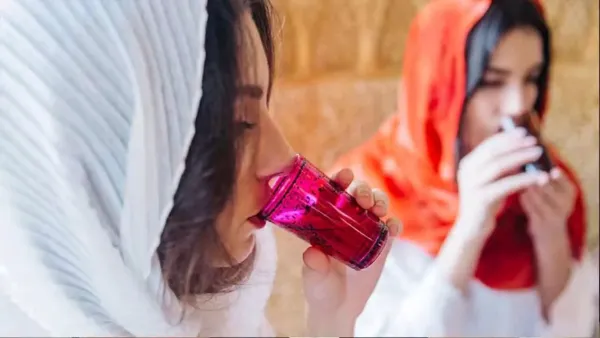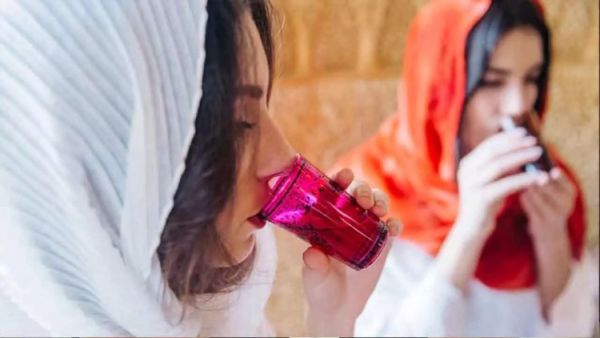
Recognizing the Danger of Dehydration Long periods of time without water during a fast raise the risk of dehydration, which may result in headaches, lightheadedness, and exhaustion. During Ramadan, staying hydrated is crucial for general health.

During the hours when you are not fasting, divide your water consumption equally. Steer clear of ingesting huge quantities all at once since this may cause renal strain. Make drinking water a priority both before and just after Iftar (breaking the fast) and throughout Suhoor (the pre-dawn meal).
To help you stay hydrated, include foods high in water in your meals. Among the best choices are:
o Watermelon
Cucumbers
o Oranges
o Strawberries
o Lettuce
Soups and broths are also excellent providers of vital nutrients and hydration.
For fluid equilibrium, electrolytes such as sodium, potassium, and magnesium are essential. Add these foods that are high in electrolytes:
Bananas
o Avocados
Dates
o Yogurt
Electrolyte levels may be maintained by drinking coconut water or adding a teaspoon of Himalayan salt to water.
Limit your use of caffeinated beverages including tea, coffee, and soda since they cause fluid loss and function as diuretics. Avoiding sugar-filled beverages is also advised since they might exacerbate dehydration.
Use the color of your urine to determine how hydrated you are. Proper hydration is indicated by pale yellow, while dehydration is shown by dark yellow. In order to maintain proper hydration, sip water whenever you feel thirsty.
Tips for Staying Hydrated During Iftar and Suhoor
Suhoor:
• Have a glass of water first.
• Incorporate meals that contain a lot of water.
• Steer clear of salty meals that make you thirsty.
Iftar:
• To replenish energy and hydration, break the fast with water and dates.
• Have a filling soup or broth afterward.
Water should be consumed gradually during the evening.
Make ahead plans for meals and hydration techniques, emphasizing complete, unprocessed foods. Seek advice from a medical expert or dietician if you are worried about dehydration.
You may avoid dehydration and maintain your health throughout Ramadan by adhering to these hydration guidelines.